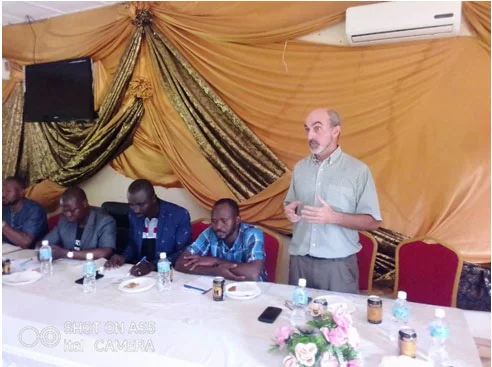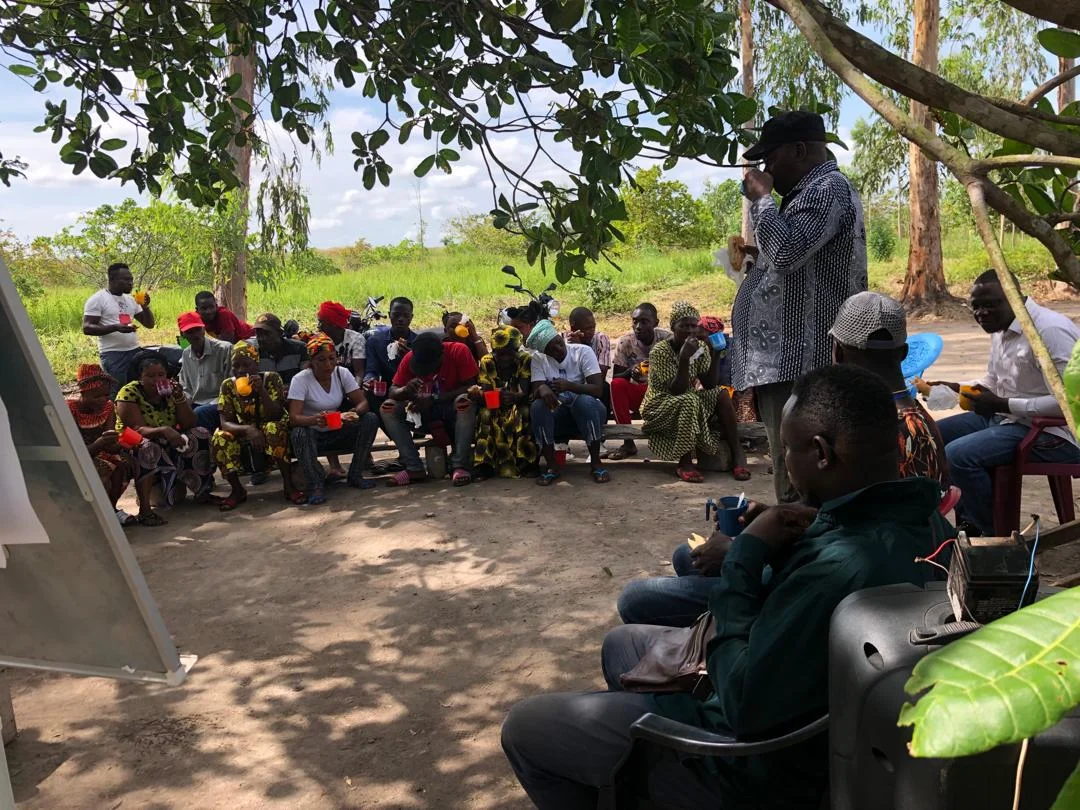Services
[wpseo_breadcrumb]
Advocacy
The Chamber conducts advocacy programs to mobilize and create a network involving smallholder farmers, processors marketing companies, research institutions, transporters, policy makers, small enterprises, agribusiness specialists and corporate enterprises to improve productivity and competitiveness of Sierra Leone agricultural produce.
As advocacy is a major source of new agricultural knowledge, this is a key strategic area of focus and intervention by the chamber whose mandate is to promote and facilitate agribusiness development and value addition. From the chamber’s perspective, the interventions in this area are primarily through promoting private investment in the agriculture sector of Sierra Leone and
ensure mutual benefits in information sharing,improving the flow of agricultural research information, ensuring its equitable access and appropriation by all agricultural actors and enabling learning systems to make effective use of it for agricultural innovation.


